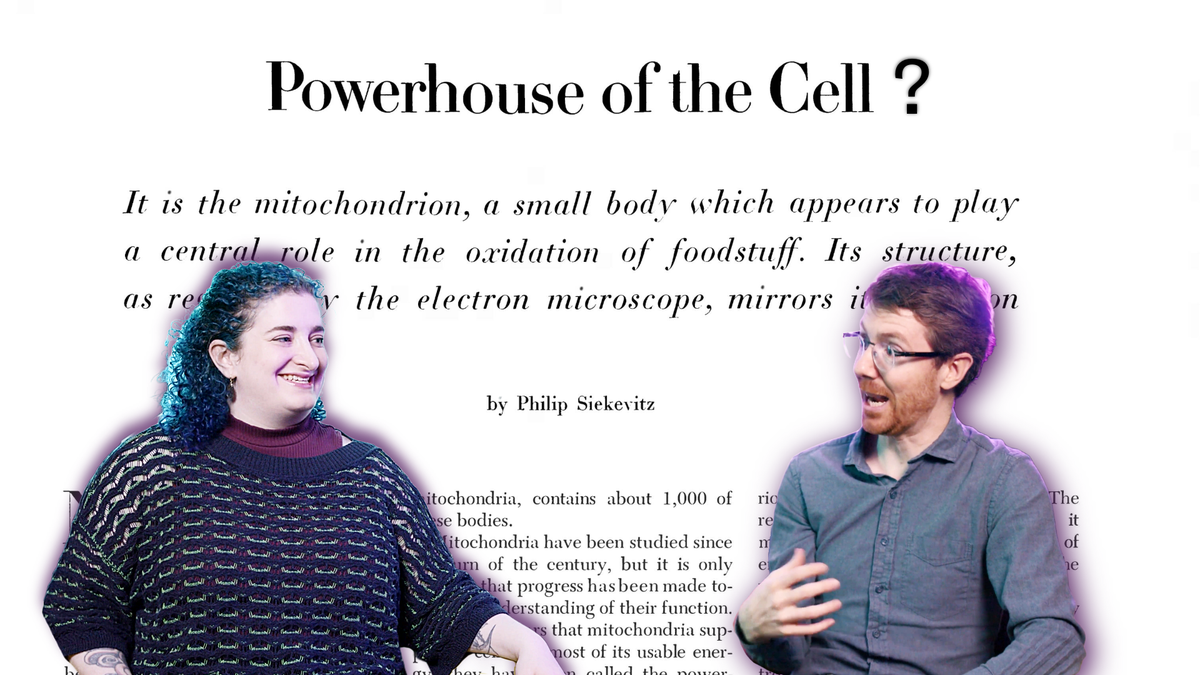Now Reading: Rethinking Mitochondria: Beyond the Cell’s Powerhouse Role
-
01
Rethinking Mitochondria: Beyond the Cell’s Powerhouse Role
Rethinking Mitochondria: Beyond the Cell’s Powerhouse Role

Quick Summary:
- Mitochondria’s Role Reexamined: Martin Picard, professor at Columbia University, challenges the traditional “powerhouse of the cell” analogy, emphasizing their broader functions beyond energy change.
- Complex Functions: Mitochondria aid in hormone production, gene regulation, cellular dialog, apoptosis (programmed cell death), and integration of organism-wide signals akin to a mini brain.
- Social Behavior: Research reveals mitochondria interact with each other physically and via information exchange. This includes cristae alignment between organelles-a visual sign of cooperation within cells. The mechanism may involve electromagnetic fields; however, this remains speculative.
- Mental Health Connection: Emerging evidence links mitochondria’s energy flow to metabolic psychiatry. Adjustments in diet fuel their functioning, with potential implications for treating mental health conditions like schizophrenia and bipolar disorder through ketogenic therapy.
- Exercise Benefits: Physical activity promotes inter-cellular communication and increases mitochondrial quantity-supporting physical and mental health through enhanced coherence across biological systems.
- Evolutionary Significance: Described as descendants of bacteria involved in an ancient symbiotic event that catalyzed multicellular life.
Indian Opinion Analysis:
The insights surrounding mitochondria challenge longstanding biological paradigms and open new avenues for understanding health from an integrated perspective. If mitochondria operate as socially dynamic networks within cells rather than isolated units powering energy metabolism alone, this can potentially redefine approaches in medicine-especially concerning India’s growing focus on preventive healthcare amidst its rise in lifestyle-related disorders.
The mention of exercise bolstering mitochondrial activity holds relevance for India’s evolving public health strategies aimed at combating sedentary lifestyles leading to diabetes or cardiac ailments.Similarly, metabolic psychiatry’s exploration into dietary influence resonates strongly considering widespread dietary transitions occurring alongside modernization across Indian cities.
Additionally evident is the need for interdisciplinary research linking molecular biology with behavioral sciences-a model India must embrace if it seeks innovations grounded not only in cutting-edge theories but also culturally attuned interventions adaptable across its diverse population groups.
Read More here Scientific American

























